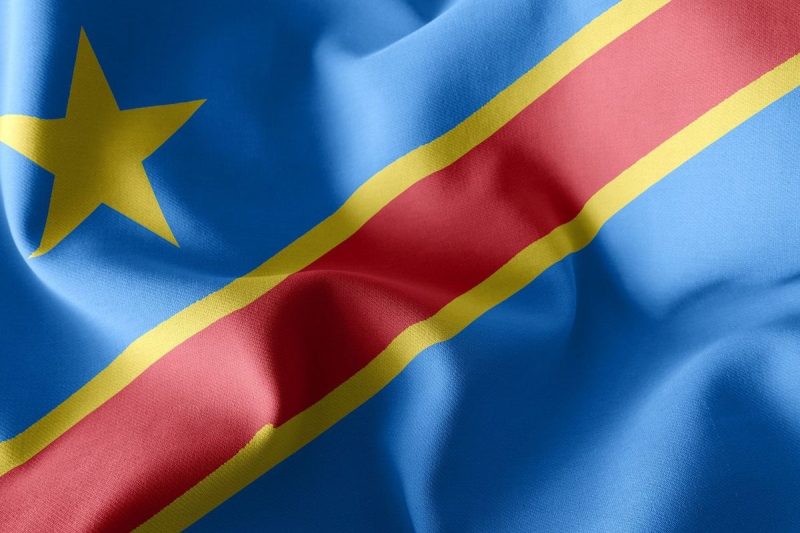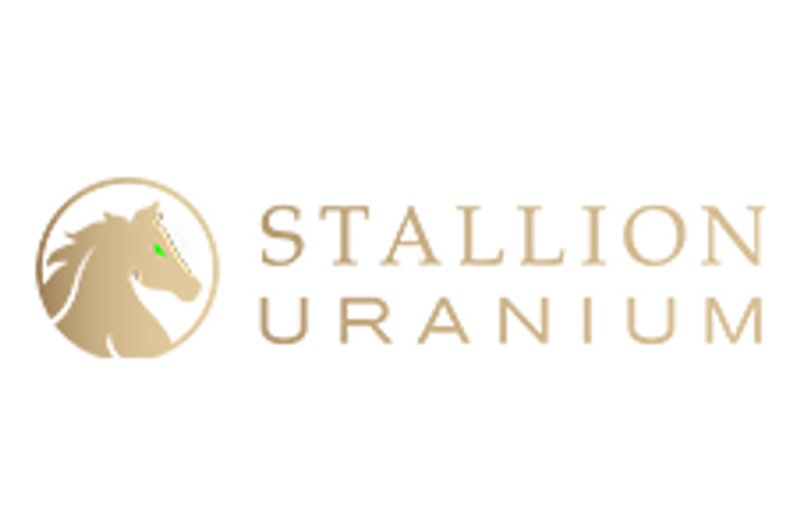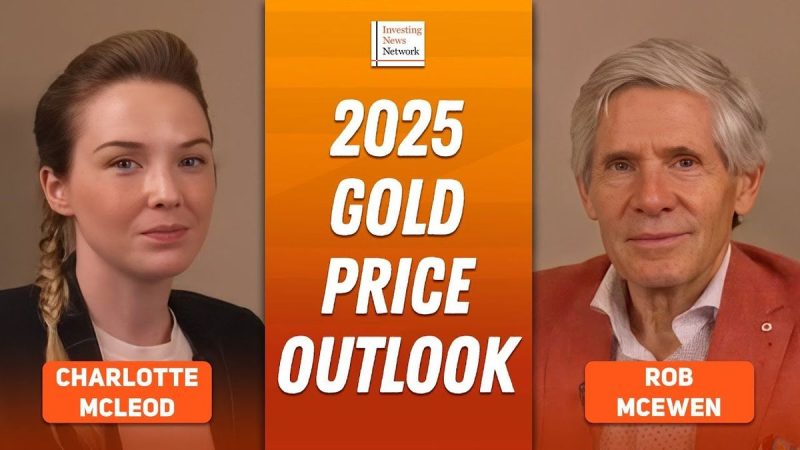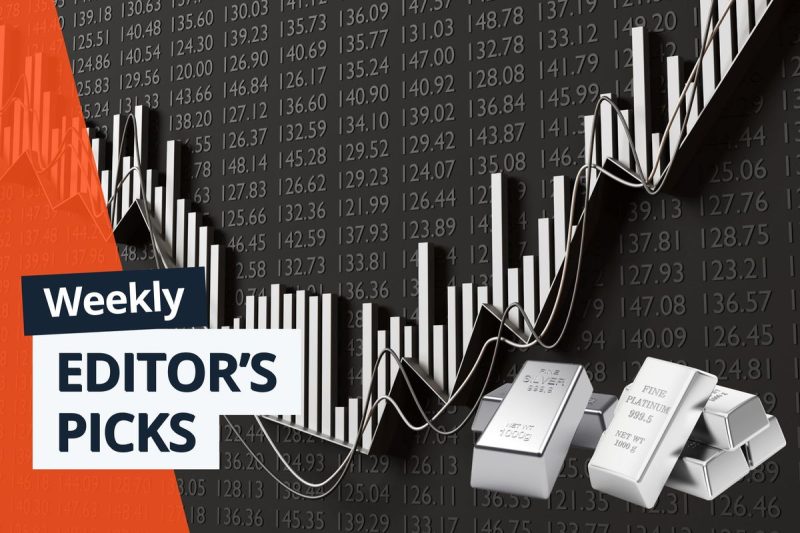Cobalt prices are surging after the Democratic Republic of Congo (DRC), the world’s largest producer, extended its export ban by three months in a bid to address global oversupply and stabilize plunging prices.
According to the Financial Times, cobalt prices on China’s Wuxi Stainless Steel Exchange rose nearly 10 percent after the DRC government announced the news over the weekend.
The ban — originally set to expire on Monday (June 23) — will now remain in effect until at least September.
The DRC’s Strategic Mineral Substances Market Regulation and Control Authority (ARECOMS) said the extension was necessary “due to the continued high level of stock on the market.”
The ban, first imposed in February of this year, was initially slated to last four months.
It came after a prolonged slump in cobalt prices, which have plummeted approximately 60 percent over the past three years, reaching a nine year low of US$10 per pound earlier this year.
The DRC produced 72 percent of the global cobalt mine supply in 2024, as per market intelligence firm Project Blue.
The export halt has already begun to ripple through international markets. In China, where most of the world’s cobalt is refined, prices for the metal and related company stocks spiked.
‘We are likely to see an initial price spike, but real pressure will be later in the year as intermediate stocks begin to dry up,’ Thomas Matthews, a battery materials analyst at CRU Group, told Bloomberg. ‘In short, strap yourselves in.’
The government of the DRC is attempting to tackle a persistent supply glut that has undermined the cobalt market since 2022. By curbing exports, Kinshasa is aiming to drive up prices, thereby increasing revenues from royalties and taxes on mining companies, while also incentivizing further investment in its domestic mining infrastructure.
ARECOMS said that a follow-up decision will be made before the new deadline in September, signaling that the ban could be modified, extended or lifted depending on market developments.
Reuters reported last week that Congolese officials are also exploring a quota-based system for cobalt exports, which would allow selected volumes to leave the country while still exerting downward pressure on global supply.
The proposal has garnered support from major industry players.
Glencore (LSE:GLEN,OTC Pink:GLCNF), the world’s second largest cobalt producer and a key stakeholder in Congolese mining operations, is backing the potential quota system. The Swiss trader declared force majeure on some of its cobalt supply contracts earlier this year due to the export restrictions, citing exceptional circumstances. Nevertheless, Glencore has managed to fulfill its obligations so far, thanks to pre-existing cobalt stockpiles located outside the DRC.
By contrast, CMOC Group (OTC Pink:CMCLF,HKEX:3993,SHA:603993), the China-based firm that overtook Glencore as the world’s top cobalt producer in 2024, has been lobbying for the ban’s complete removal.
CMOC, which processes a significant share of Congolese cobalt in China, argues that prolonged supply constraints could jeopardize downstream industries and global battery production.
A race against the clock
Despite initial cushioning from global stockpiles, experts warn that refined cobalt supply may soon run thin.
Transporting cobalt from the landlocked DRC to China’s processing hubs typically takes about 90 days. This means that if shipments do not recommence soon, shortages could begin to materialize in late Q3 or early Q4.
‘Stockpiles of cobalt outside the DR Congo will reach very low levels by the September 21 deadline if nothing else changes,’ Jack Bedder, founder of Project Blue, told the Financial Times.
Cobalt plays a vital role in lithium-ion batteries used in electric vehicles, consumer electronics and renewable energy storage. While many battery makers have begun shifting toward lower-cobalt or cobalt-free chemistries, demand for the metal remains strong — especially for high-performance applications.
Complicating the supply/demand dynamics is the fact that cobalt is often a by-product of copper mining.
With copper prices rebounding sharply — trading around US$9,600 per metric ton this week on the London Metal Exchange — producers have little incentive to curb overall output.
The move to extend the cobalt ban also coincides with the DRC’s recent efforts to assert greater control over its vast mineral wealth. The Central African nation is currently in discussions with the US over a potential minerals partnership aimed at strengthening supply chain security for clean energy technologies.
The export suspension is just the latest in a series of efforts by resource-rich countries to assert more control over key commodities. Similar moves have been seen in Indonesia, which banned nickel ore exports in 2020 to spur domestic processing, and in Chile, where the government is pushing for greater state participation in the lithium sector.
Securities Disclosure: I, Giann Liguid, hold no direct investment interest in any company mentioned in this article.




